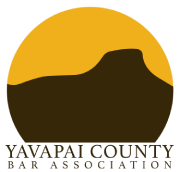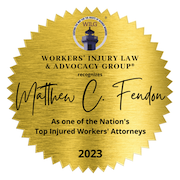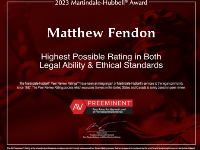How Do Social Media Posts Affect My AZ Workers’ Compensation Case?

Many of us use social media to keep in touch with family and friends. But after suffering a work injury and filing for workers’ compensation benefits, you must be careful about what you post on social media. Your employer or its workers’ compensation insurer may monitor your accounts to find evidence they can use to challenge your benefits claim.
How Social Media Affects Your Workers’ Compensation Claim
When you post about your work injuries on social media, you may accidentally give the insurance company ammunition to dispute your claim. A Facebook or Instagram post may look harmless to you, but it could have surprising consequences for the outcome of your claim.
Let’s say you post a photo of yourself at a friend’s birthday party. If your doctor ordered you on bed rest and an insurance adjuster sees you were well enough to attend the event, they could argue you didn’t take your health seriously or exaggerated your injury.
Social media can get you in trouble even if you avoid making posts yourself. Imagine your friend posts photos of the party you attended on their profile and simply tags you. The insurance company could monitor your activities through others’ posts, too.
The Role of Social Media as Evidence in Your Workers’ Compensation Case
After you’ve suffered an injury at work, you should either temporarily deactivate your social media accounts or set them to the highest privacy settings so that only your established connections or people you trust can view your posts. You should also refrain from accepting connection requests from anyone you do not know.
However, do not delete any existing posts. That could make it look like you have something to hide, especially if the insurance company has already taken screenshots of the evidence.
Using Social Media to Challenge Your Workplace Injury Claim
Examples of social media evidence that could impact the outcome of your claim include:
- Any posts describing your workplace accident or the injuries you sustained
- Photographs or videos of your activities pre- or post-accident
- Updates to friends and family about your recovery process
- Comments suggesting you’ve continued to work a second job
- Photos or videos of you engaging in activities such as playing sports, mowing the lawn, performing home renovations, or traveling
The last thing you want to deal with is accusations of workers’ compensation fraud. An experienced workers’ compensation lawyer can advise you on the best ways to manage your social media activity.
I Don’t Use Social Media. Is My Workers’ Compensation Claim Safe?
If you don’t use social media, you might assume you have nothing to worry about. Keep those friends and family members in mind. Even those with the best intentions may not know their actions could impact your case. They may not even know you have a case pending.
Also, remember that social media platforms are not limited to Twitter, Facebook, Snapchat, and Instagram. Do you review restaurants on Yelp? The timing of a review could prove you were out of the home when you should have been resting, which could be admissible evidence in your workers’ compensation case.
Contact an Arizona Workers’ Compensation Attorney
Understanding how to manage your social media accounts while a workers’ compensation claim is pending is not as straightforward as you might think. An Arizona workers’ compensation lawyer from Matt Fendon Law Group can determine the best ways to protect your case in a free consultation. Contact us today.




















